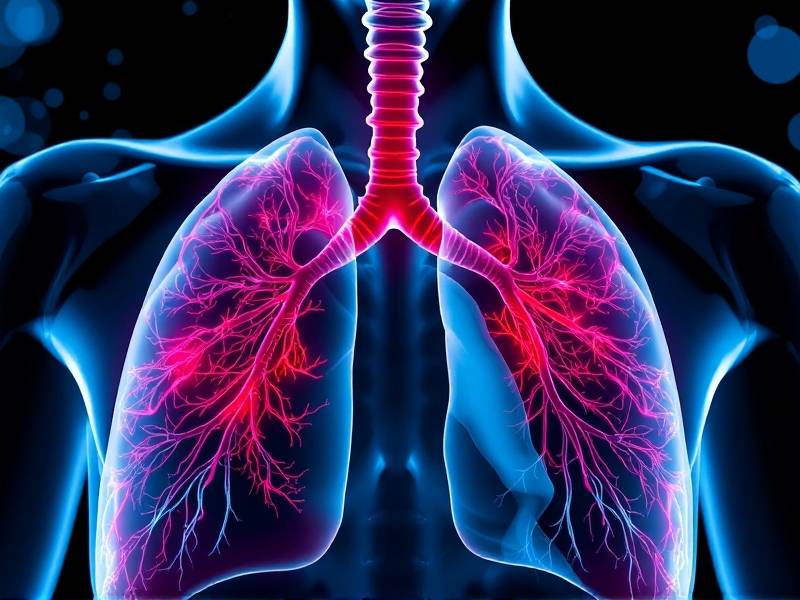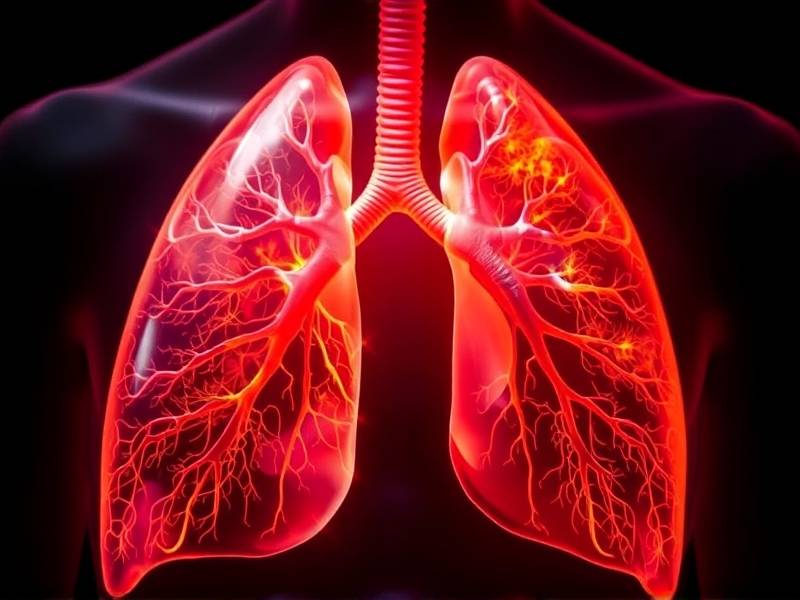Can Lungs Really Repair After Quitting Smoking?
The Remarkable Ability of Lungs to Heal After Smoking Cessation
Introduction: Smoking is a well-known health hazard, and its impact on the lungs is particularly concerning. Many smokers are often left wondering if their lungs can truly repair after quitting. This article delves into the science behind lung repair and provides insights into the potential for healing after smoking cessation.
Understanding Lung Damage from Smoking

Smoking causes significant damage to the lungs by exposing them to harmful chemicals and toxins. Over time, this can lead to conditions like chronic obstructive pulmonary disease (COPD), emphysema, and lung cancer. The damage is often irreversible, but there is hope for improvement post-cessation.
The Healing Process
-
Early Improvements Within a few weeks of quitting smoking, your body begins to repair itself. Carbon monoxide levels drop, and oxygen levels in the blood start to rise. This can lead to increased energy levels and improved overall health.
-
Long-term Healing While some damage may be permanent, the lungs have an impressive ability to heal over time. Here's what happens as you continue to avoid smoking:
-
Cilia Re-growth: The tiny hair-like structures in your lungs called cilia help remove mucus and particles from the airways. Smoking damages these cilia, but they can regenerate after quitting.
-
Inflammation Reduction: Chronic inflammation is a hallmark of smoking-related lung diseases. Quitting can significantly reduce inflammation, promoting healing.
-
Improved Oxygen Supply: With reduced smoking, your lungs become more efficient at absorbing oxygen from the air, which helps in healing damaged tissue.
-
-
Years of Healing Potential The American Lung Association suggests that within 5-15 years of quitting smoking, the risk of developing lung cancer decreases significantly compared to continued smokers.
Real-Life Success Stories
Many individuals have successfully healed their lungs after quitting smoking. One such story involves Sarah (not her real name), who smoked for 20 years before deciding to quit at age 45. Within a year of cessation, Sarah noticed significant improvements in her breathing and overall well-being.
Tips for Successful Smoking Cessation
-
Seek Support: Joining a support group or consulting a healthcare professional can provide valuable guidance throughout your journey.
-
Identify Triggers: Understanding what triggers your urge to smoke can help you avoid these situations.
-
Substitute Habits: Find alternative activities or hobbies that replace the habit of smoking.
Conclusion: While it's important to recognize that complete healing may not be possible for everyone due to severe damage, quitting smoking opens up opportunities for significant lung repair and improved health outcomes. By taking proactive steps towards cessation, you're giving your body a chance to heal and thrive.
Remember that every puff counts – make today the day you take control of your health and consider the remarkable potential for lung repair after quitting smoking!

